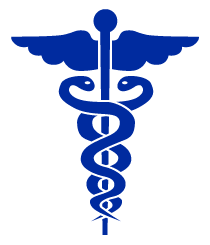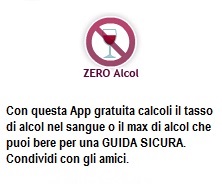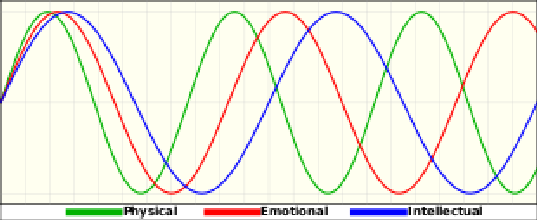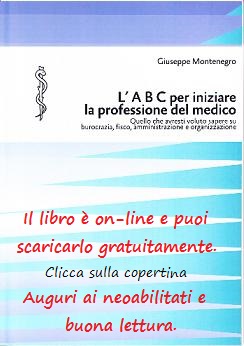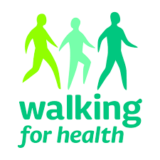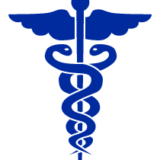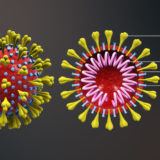Covid-19, essere infettati per la scienza
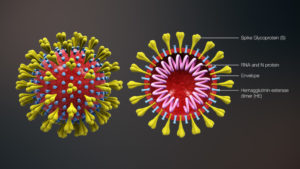
Dal New York Times del 20 ottobre 2020: Getting infected for science
I ricercatori di Londra stanno pianificando di infettare deliberatamente le persone con il coronavirus nel primo tentativo al mondo di studiare come le persone vaccinate rispondono al virus.
L’approccio, noto come prova di sfida umana, potrebbe ridurre il tempo necessario per trovare un vaccino praticabile, ma divide nettamente gli esperti in etica medica. Gli scienziati hanno utilizzato in passato le prove di sfida per testare i vaccini per tifo, colera e influenza, che possono essere trattati con farmaci. Covid-19 ha poche terapie provate.
Lo studio, che necessita ancora dell’approvazione di un’agenzia di regolamentazione britannica, infetterà deliberatamente fino a 90 volontari sani di età compresa tra 18 e 30 anni in un’unità di isolamento ospedaliero. Il primo obiettivo dello studio è determinare la dose di virus necessaria per infettare in modo affidabile i volontari, senza causare malattie più gravi. Da lì, gli scienziati dell’Imperial College di Londra possono immunizzare i volontari e quindi esporli al virus per confrontare i candidati vaccinali.
I sostenitori affermano che il rischio di uccidere volontari giovani e sani è sufficientemente basso da essere superato dalla possibilità di salvare decine di migliaia di vite. Gli scettici hanno esortato gli scienziati ad aspettare, sottolineando che ci sono state malattie inaspettate nei giovani. Dicono che non è chiaro che lo studio possa prevedere l’efficacia di un vaccino negli adulti più anziani o ad alto rischio.
Negli Stati Uniti, la corsa al vaccino sta dando luogo a un dibattito diverso. La domanda a portata di mano: dovrei prenderne uno?
Mentre il presidente Trump preme per lo sviluppo e l’approvazione al massimo di un vaccino, due governatori di alto profilo, Andrew Cuomo di New York e Gavin Newsom della California, hanno affermato che rivedranno i vaccini approvati dal governo federale.
Il loro scetticismo è condiviso dal pubblico, che sembra stia perdendo il desiderio di farsi vaccinare il prima possibile. In un sondaggio tra i probabili elettori condotto dal New York Times e dal Siena College, il 33% ha affermato che sicuramente o probabilmente non prenderebbe un vaccino dopo la F.D.A. approvazione. In un sondaggio STAT-Harris su circa 2.000 persone, il 58% degli intervistati ha dichiarato che si sarebbe vaccinato immediatamente, in calo rispetto al 69% che ha affermato lo stesso ad agosto.
| Researchers in London are planning to deliberately infect people with the coronavirus in the world’s first attempt to study how vaccinated people respond to the virus. |
| The approach, known as a human challenge trial, could shorten the time needed to find a viable vaccine, but sharply divides experts in medical ethics. Scientists have used challenge trials in the past to test vaccines for typhoid, cholera and influenza, which can be treated with drugs. Covid-19 has few proven therapies. |
| The trial, which still needs approval from a British regulatory agency, will deliberately infect up to 90 healthy volunteers between the ages of 18 and 30 in a hospital isolation unit. The study’s first goal is to determine the dose of virus needed to reliably infect volunteers, without causing more severe illness. From there, the scientists at Imperial College London can immunize volunteers and then expose them to the virus in order to compare vaccine candidates. |
| Proponents say the risk of killing young, healthy volunteers is low enough that it’s outweighed by the possibility of saving tens of thousands of lives. Skeptics have urged scientists to wait, pointing out that there have been unexpected illnesses in young people. They say it’s unclear that the trial could predict the efficacy of a vaccine in older or high-risk adults. |
| In the United States, the race for a vaccine is giving rise to a different debate. The question at hand: Should I take one? |
| As President Trump presses for top-speed development and approval of a vaccine, two high profile governors, Andrew Cuomo of New York and Gavin Newsom of California, said they would review vaccines approved by the federal government. |
| Their skepticism is shared by the public, who seem to be losing desire to get a vaccine as soon as possible. In a poll of likely voters conducted by The New York Times and Siena College, 33 percent said they would definitely or probably not take a vaccine after F.D.A. approval. In a STAT-Harris poll of about 2,000 people, 58 percent of respondents said they would get vaccinated right away, down from 69 percent who said the same in August. |


